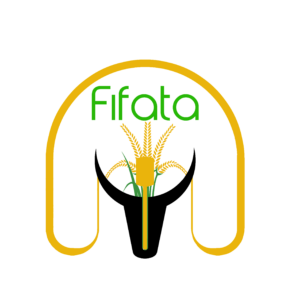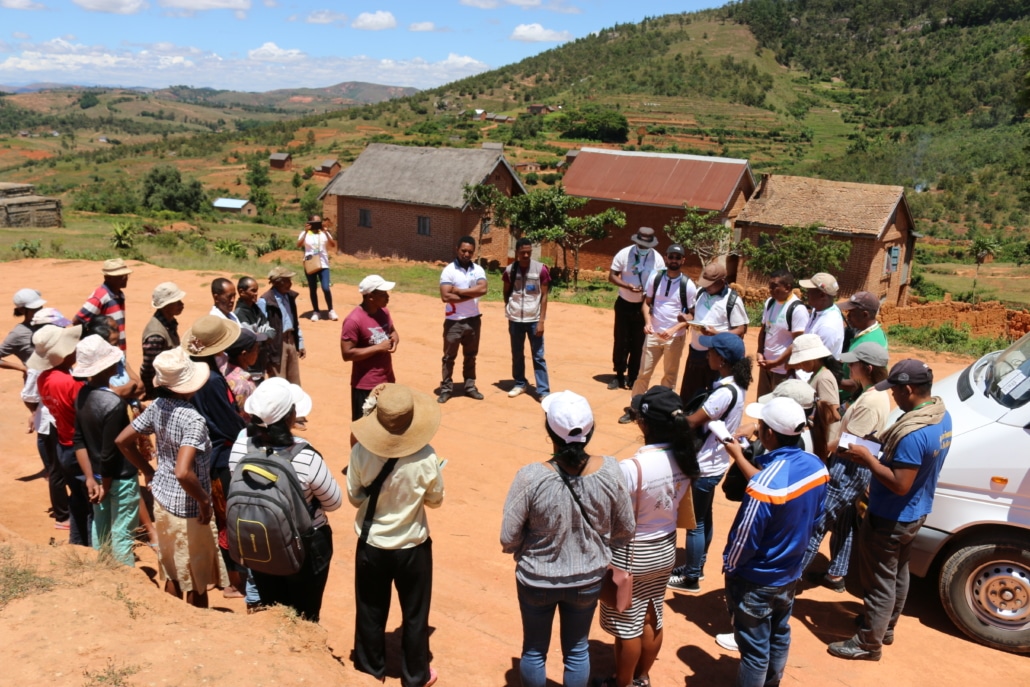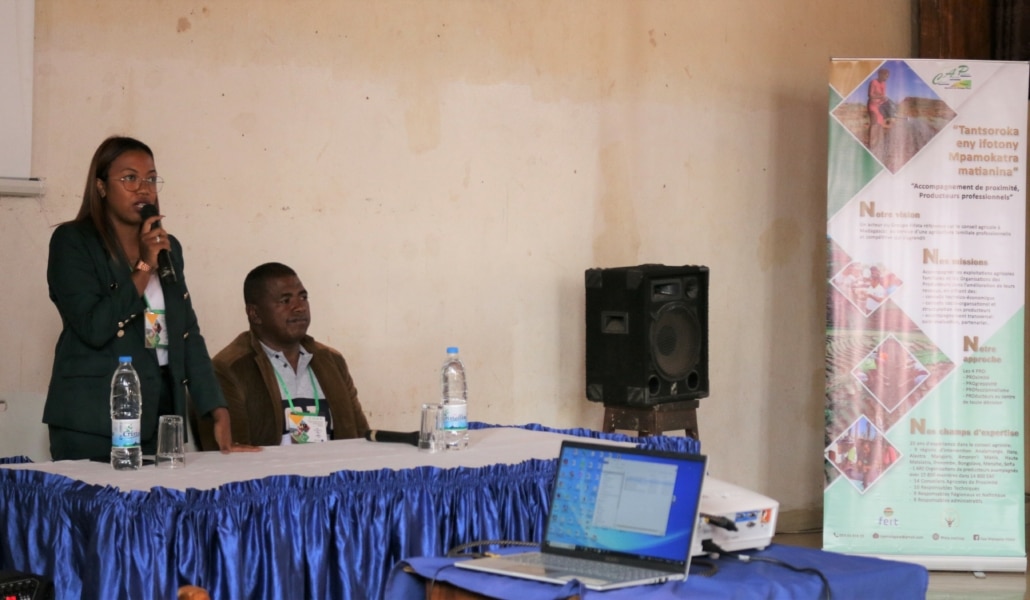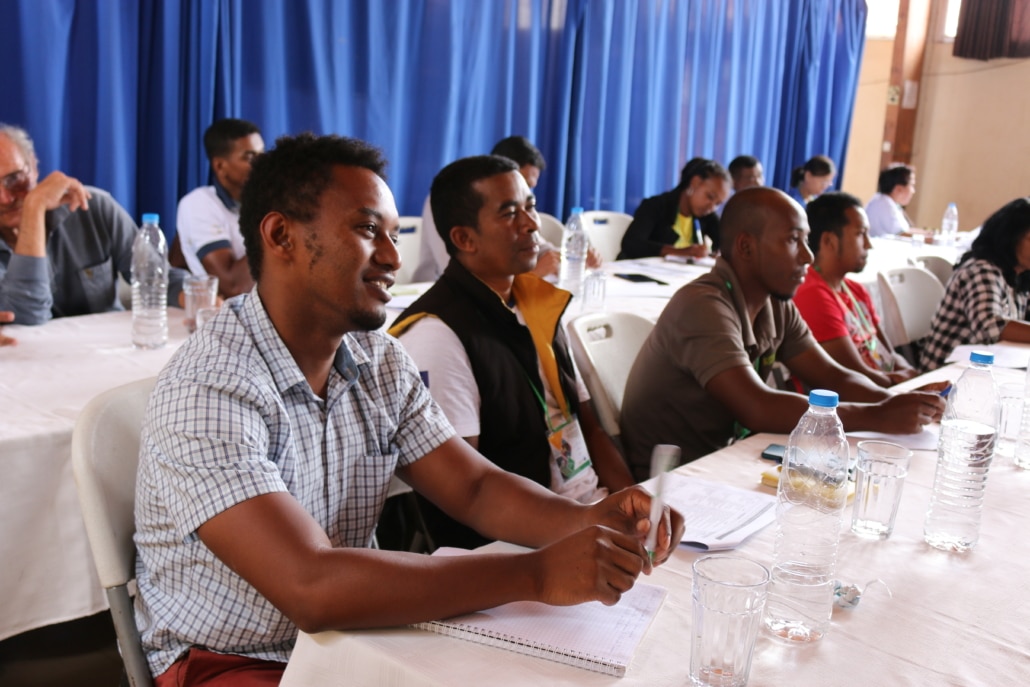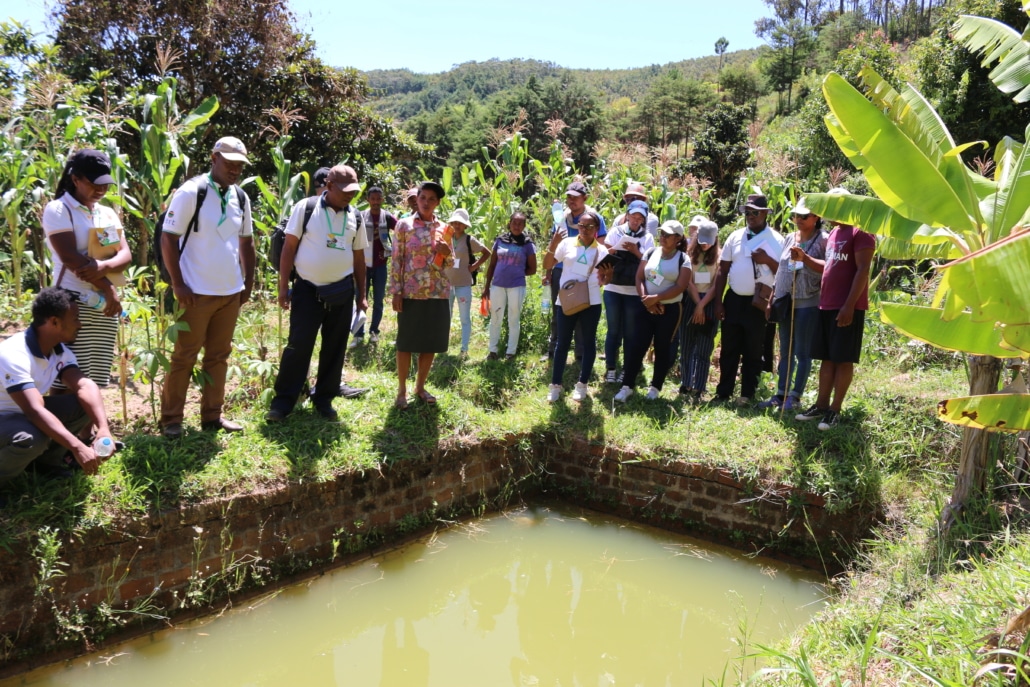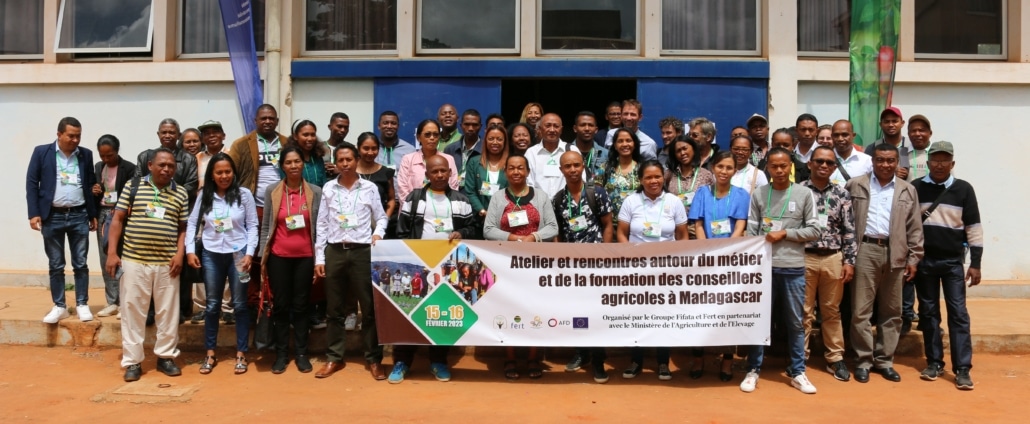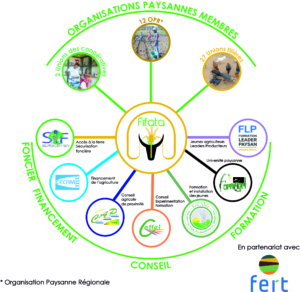
Sharing to stimulate scaling up
On 15 and 16 February 2023, the Fifata Group and Fert organised national meetings on the profession of agricultural advisor. Combining field visits and workshops, the organisers wanted to contribute to the reflections of the State and agricultural development stakeholders by sharing their concrete field experience.
Field meetings on 15 February in the Analamanga and Itasy regions with 67 representatives of the agricultural profession, MINAE and other agricultural development actors.
Today, 16,000 producers are accompanied by the 54 agricultural advisors of Cap Malagasy, one of the specialised farmers’ organisations of the Fifata Group.
During these two days, Cap Malagasy gave an account of its activities through field visits and presentations on its advisory approach and on the profession of “agricultural advisor” over the past 20 years.
The Fifata Group as a whole affirmed its convictions:
- Local agricultural advice is effective and necessary throughout the country. It should be considered as a public service. It helps individual farmers to progress (food and economic impact). It is an essential means of supporting the adaptation of practices to climate hazards: agro-ecology, integration of agriculture and livestock, etc.
- It has an essential structuring effect by contributing to the establishment of local services, supported by farmers’ organisations, useful to farmers and managed by them: animal vaccination, input supply, seed production, marketing, etc.
- The job of the agricultural adviser calls for specific skills and know-how that require specialised training and the adoption of professional guidelines for their work and training.
- An agricultural adviser cannot work effectively on his own; he needs an environment of support services (training, production of references, management, monitoring and evaluation, coordination, financing, etc.) and professional actors, which must be strengthened.
Mme Mitia Rakotoarisaona, directrice MINAE/DVFAR et M. Roland Rakotovao, président de Fifata à l’ouverture de l’atelier du 16 février 2023.
This event was also an opportunity to share the specialised training framework “FCA” (Formation des Conseillers Agricoles), coordinated by the specialised peasant organisation Ceffel for the Fifata Group and which trains some sixty agricultural advisors from the Fifata Group and other agricultural development organisations in the country each year.
The workshop was a continuation of intense collaboration in recent months between the Ministry of Agriculture and Livestock of Madagascar (MINAE), the Fifata Group and Fert, to promote and gain recognition for agricultural advisory services in national strategies. At the request of the Agence Française de Développement, Fert co-organised international meetings on agricultural advisory services in Cameroon with Ambre Conseil and Acefa in September 2022, and then in December 2022, with MINAE, a specific day on agricultural advisory services as part of the consultation on the future Producer Services Strategy (PSS).
The event mobilised the intervention of the Fifata Group, but also of CIRAD/Fofifa, and brought together 87 participants from the agricultural profession, the State, technical and financial partners, and agricultural training and advisory operators.
In her closing speech, the Director of Extension and Agricultural and Rural Training (Mrs Mitia Rakotoarisaona), committed herself to adopting the “job”, “training” and “certification” reference systems for the agricultural adviser profession during the year. Her department (DVFAP) will rely on existing competencies and reference systems, with a view to efficiency and co-construction with the actors in the advisory field.
Some of the 87 participants of the day on 16 February 2023.
This event benefited from the financial support of AFD, within the framework of the SEPOP multi-country programme, supported by the international alliance AgriCord and implemented in Madagascar by Fert and the Fifata Group. The advisory actions seen in the field are co-financed by Fert, AFD and the European Union.

